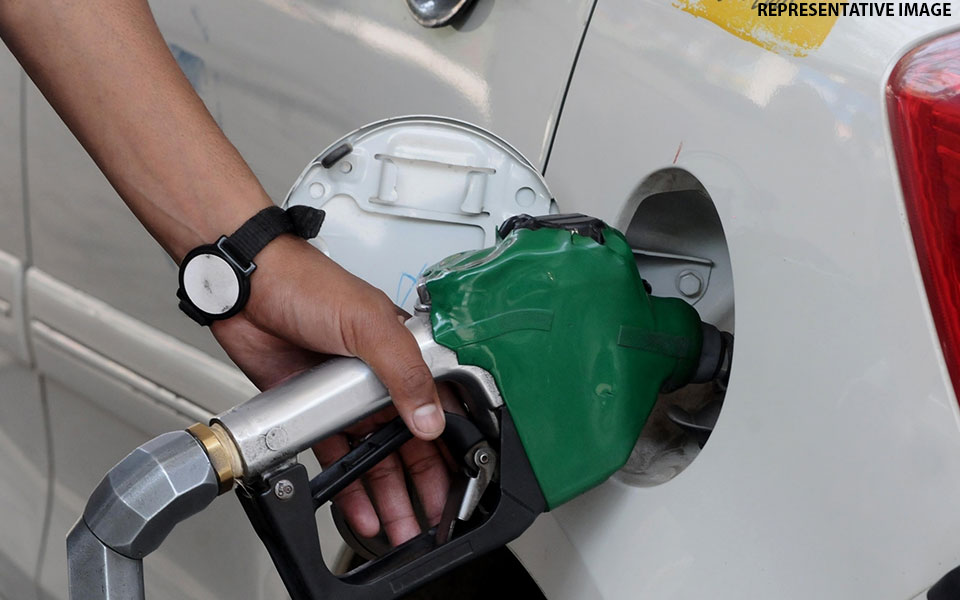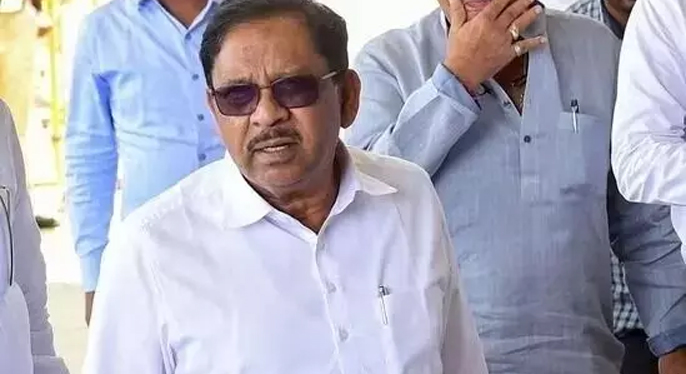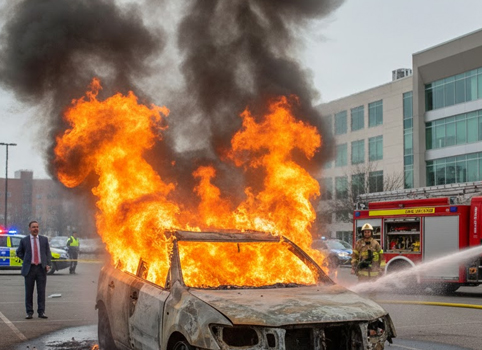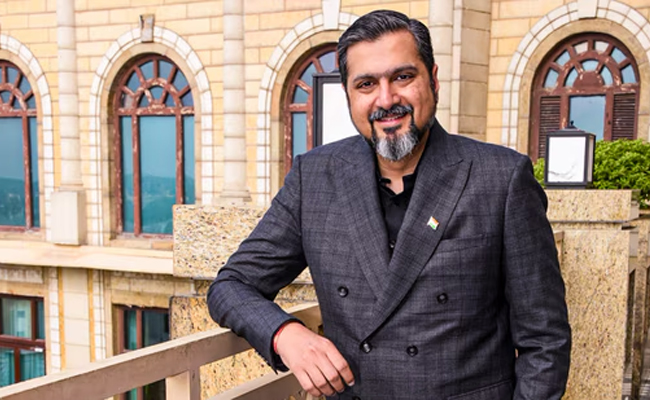New Delhi, May 20: State-run Indian Oil Corp on Sunday raised transport fuel to record highs in Delhi on the seventh day of resuming the daily price change system, following a temporary suspension that lasted 20 days.
The price of petrol in Delhi touched a record high of Rs 76.24 per litre under the dynamic pricing regime beating the previous high of Rs 76.06 in the city on September 14, 2013.
Sunday's hike of 33 paise over the previous day was the highest since dynamic pricing resumed after the suspension, coinciding with the Karnataka elections.
Diesel in the national capital on Sunday went to its highest level of Rs 67.57 per litre.
Petrol prices climbed to new multi-year highs in other major metro cities too -- Kolkata, Mumbai and Chennai -- at Rs 78.91, Rs 84.07 and Rs 79.13 per litre respectively.
Diesel prices also touched record high levels on Sunday in Kolkata, Mumbai and Chennai. They rose to Rs 70.12, Rs 71.94 and Rs 71.32 per litre respectively.
The price of the Indian basket of crude oils, composed of 70 per cent sour grade Oman and Dubai crudes and the rest by sweet grade Brent, has gone upwards of $70 a barrel this month, after rising to an average of $69.30 in April 2018.
It averaged $47.56 and $56.43 per barrel respectively during the last two financial years.
During a telephonic interaction earlier this week with Saudi Arabian Minister of Energy, Industry and Mineral Resources Khalid Al-Falih, Petroleum Minister Dharmendra Pradhan raised concern over the surge in crude oil prices.
Let the Truth be known. If you read VB and like VB, please be a VB Supporter and Help us deliver the Truth to one and all.
Tumakuru (PTI): Karnataka Home Minister G Parameshwara on Saturday said his recent remarks on the demolition of properties linked to those involved in narcotics trade were "misunderstood and misinterpreted".
His clarification follows remarks made two days ago on the government's uncompromising crackdown on the drug menace, including action against properties linked to foreign nationals allegedly involved in drug trafficking.
"It is unfortunate. It is taken in the wrong sense. I didn't mean that tomorrow itself I am going to send bulldozers and demolish the houses. That was not my intention. It was wrongly taken," he told reporters here.
Responding to Congress MLC K Abdul Jabbar's question in the legislative council on the growing drug menace in Bengaluru, Davangere and coastal districts, the minister on Thursday detailed the extensive enforcement measures initiated since the Congress government assumed office.
Pointing to the involvement of some foreign nationals, the minister had said, "Many foreign students from African countries have come to Karnataka. They are into the drug business. We catch them and register cases against them, but they want the case to be registered because once the case is registered, we cannot deport them."
"We have gone to the extent of demolishing the rented building where they stay," he had said.





